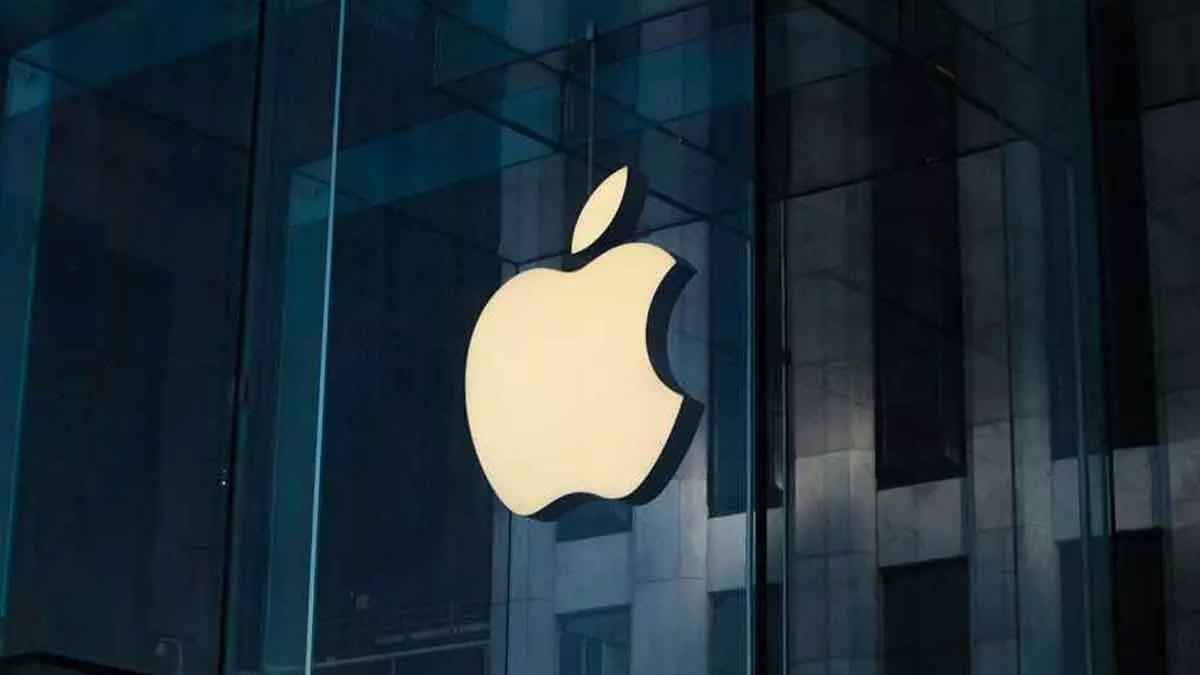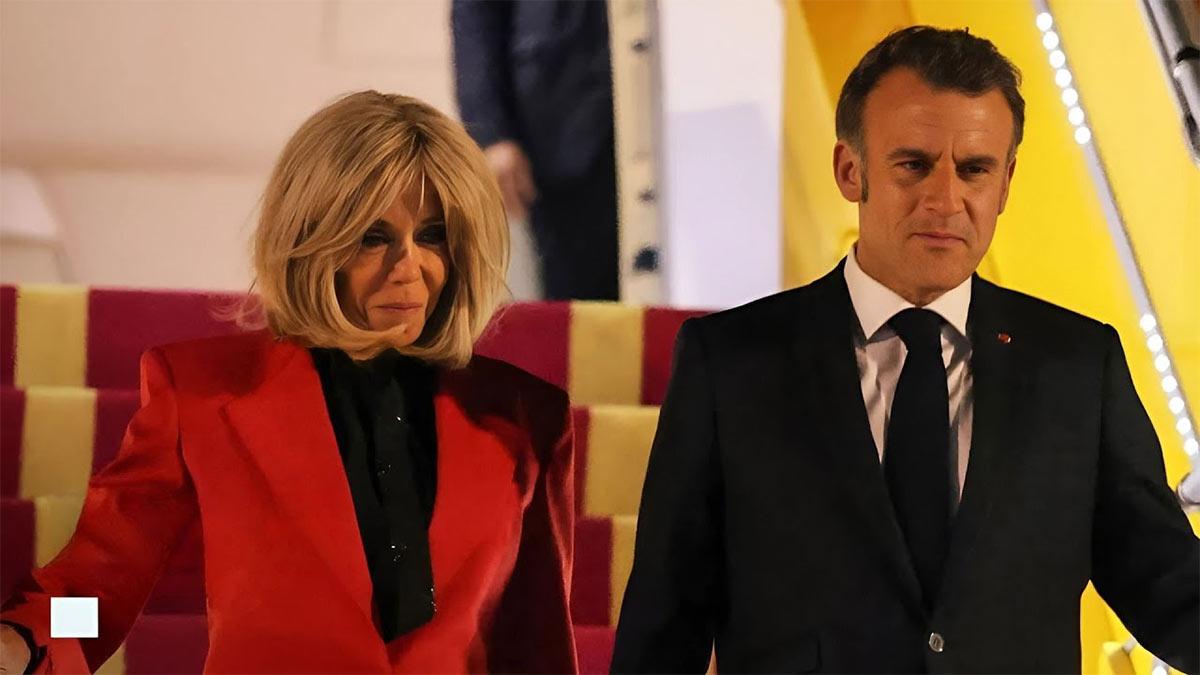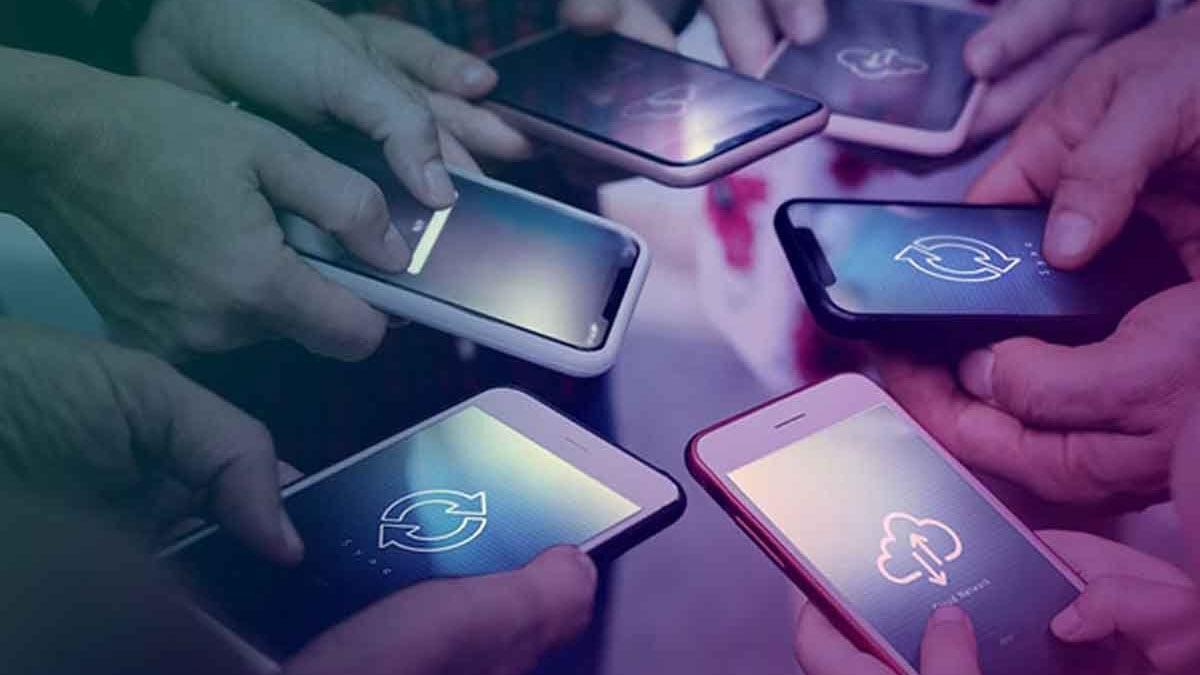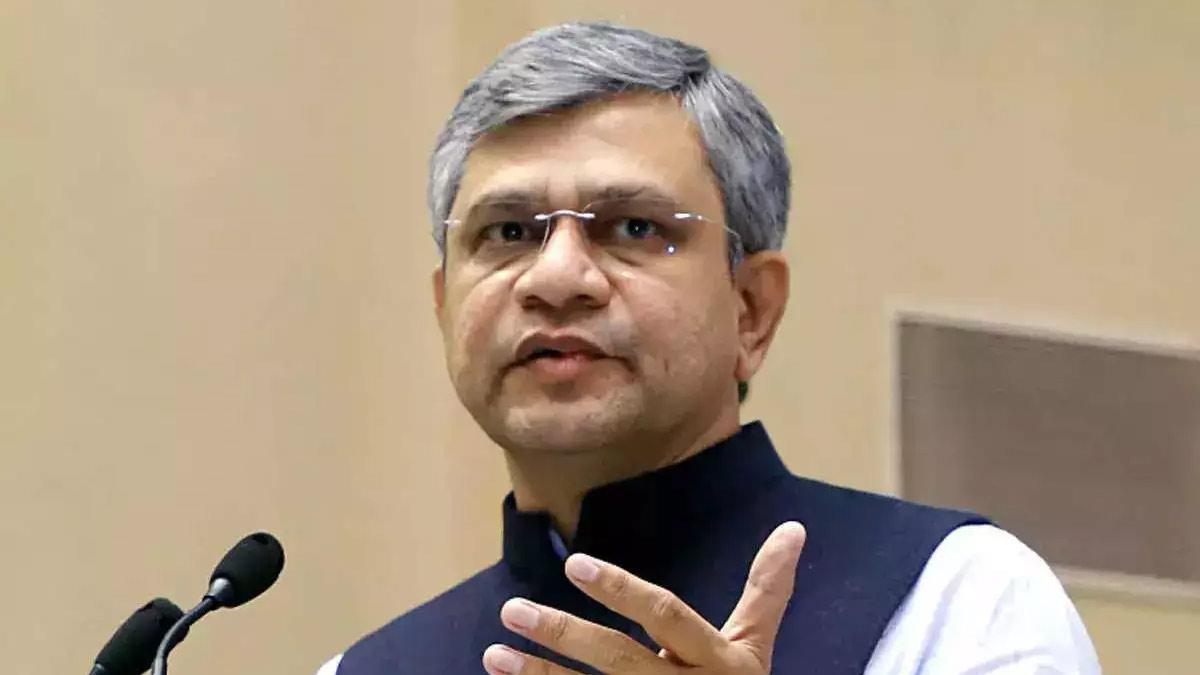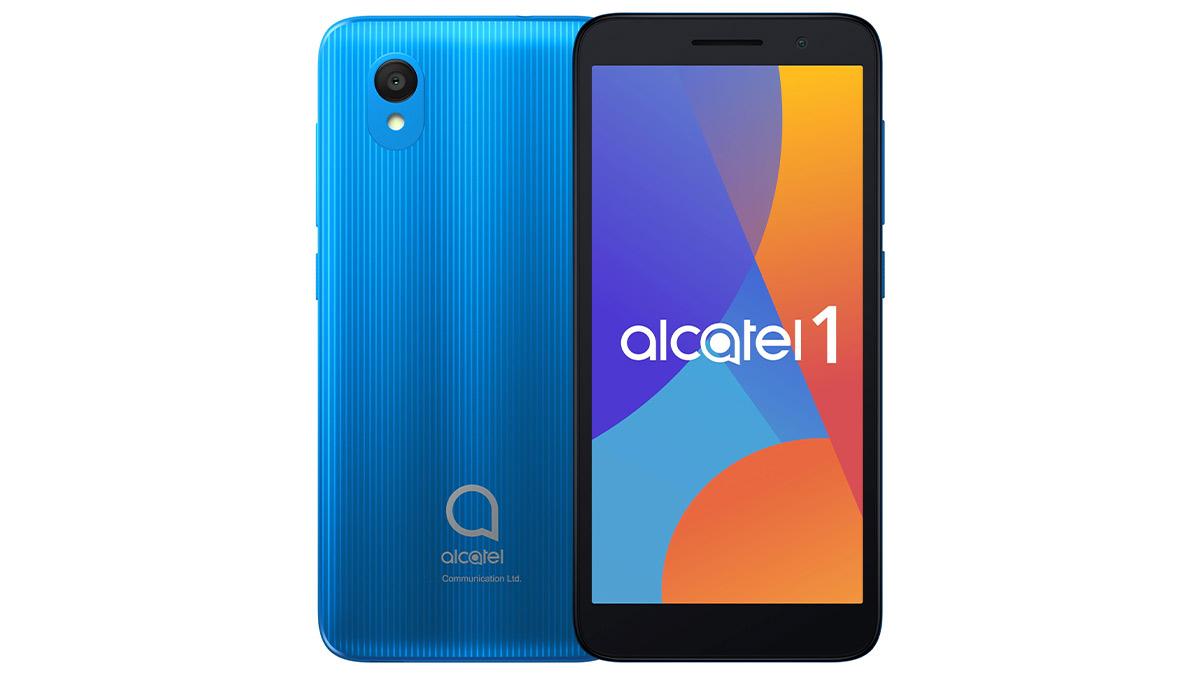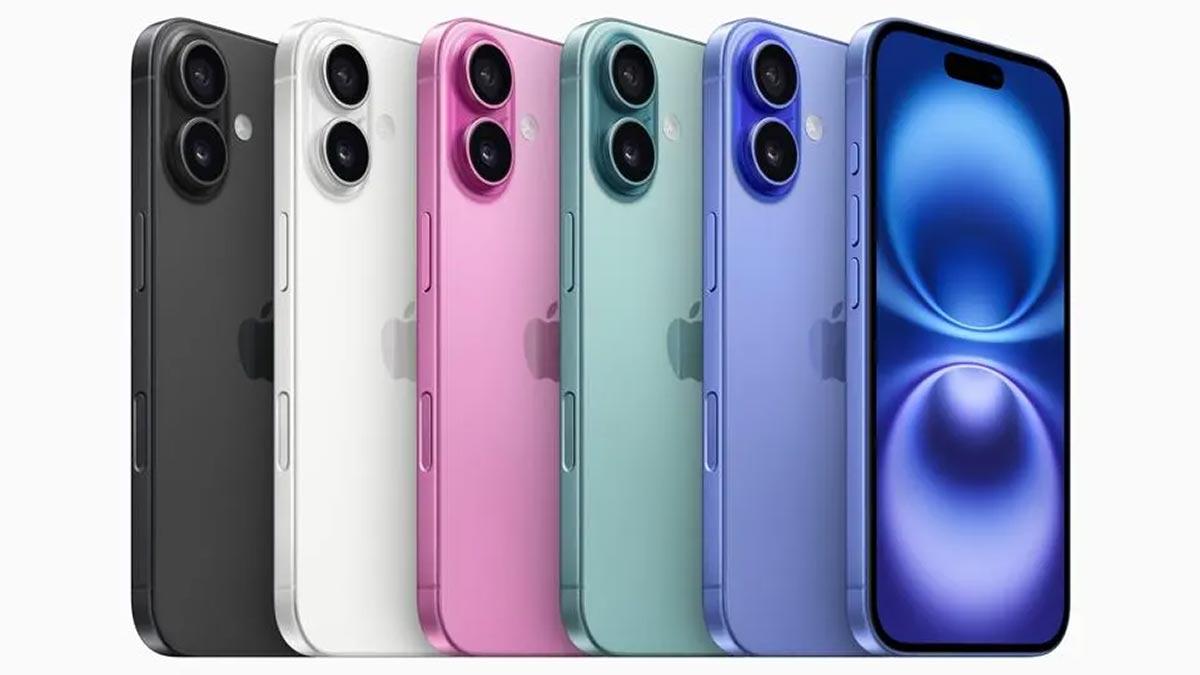In the midst of discussions surrounding Apple's reported refusal to unlock the iPhone belonging to Delhi Chief Minister Arvind Kejriwal at the Enforcement Directorate's (ED) request, insiders familiar with the situation revealed on Wednesday that there was no direct contact made with anyone at the tech giant, neither in India nor at the global level, regarding the unlocking of the device.
Reports suggest that the ED made an "informal" approach to Apple to aid in unlocking the device. However, Apple maintains a firm policy stating it cannot furnish the passcode of an iOS device that is presently locked.
As per Apple's 'Legal Process Guidelines' for government and law enforcement agencies outside the US, "No, Apple does not have access to a customer’s passcode." Any queries or requests regarding legal processes can be directed to [email protected].
Sources indicate that there was no formal written communication from the ED to Apple.
Apple's notification policy extends to requests from law enforcement, government, and private entities. The company states, "Apple will notify customers and account holders unless there is a non-disclosure order or applicable law prohibiting notice, or where Apple, in its sole discretion, reasonably believes that such notice may pose an immediate risk of serious injury or death to a member of the public, the case relates to a child endangerment matter, or where notice is not applicable to the underlying facts of the case."
Between 2015 and 2016, Apple opposed or contested more than a dozen court orders in the US seeking to compel the company "to use its existing capabilities to extract data like contacts, photos, and calls from locked iPhones running on operating systems iOS 7 and older" to assist in investigations and prosecutions.
One prominent case occurred in 2016 when the Federal Bureau of Investigation (FBI) requested Apple to unlock a 'work-issued' iPhone recovered from one of the shooters involved in a December 2015 terrorist attack in San Bernardino, California, which resulted in 14 fatalities and 22 injuries.
Apple refused to unlock the iPhone. Subsequently, the government stated it had successfully unlocked the iPhone with the assistance of a third party and dropped its case.
Read also | Yogi Adityanath: Instilling Fear in Criminals, Transforming Jail Dynamics
Read also | Senior BJP Leader Sushil Modi Reveals Cancer Battle, Withdraws from Lok Sabha Polls"

